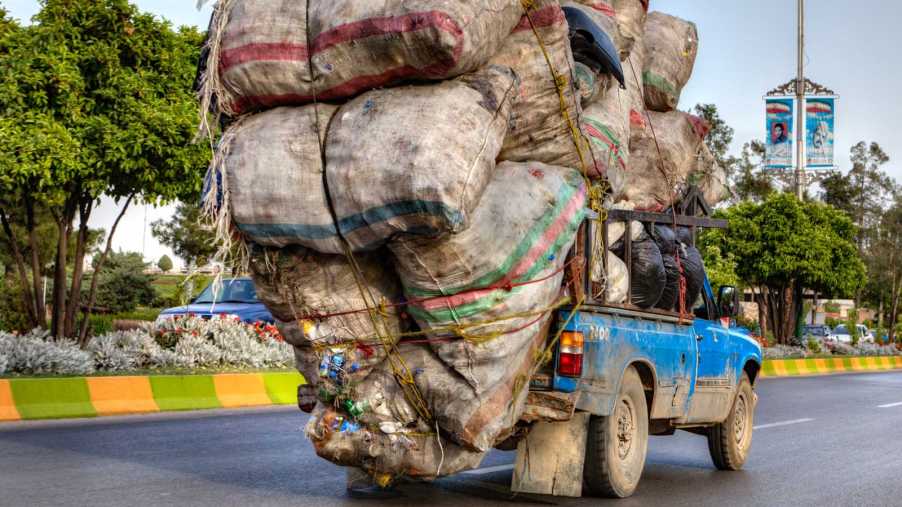
There are many things people have to consider when they have a car. Of course, keeping up with vehicle maintenance is one of the most important. Naturally, most think of things like car oil changes and having the tires rotated. However, drivers should know that overloading their cars can also cause various maintenance issues. This also means understanding what GVWR means.
You may need vehicle maintenance on your engine
Overloading your car can cause owners to spend more on vehicle maintenance because it damages the engine. For starters, the vehicle in question will feel much less stable when it’s carrying too much weight. Of course, this also means it may be harder to avoid car accidents as the vehicle will move slower and might have a more difficult time with braking.

Naturally, overloading a car means that your engine experiences strain. This happens because it has to work harder to accommodate extra weight. The strain is just one reason why adhering to a vehicle’s capacity for people and cargo is necessary. Doing this also means driver get less life from their engine.
Overloading a vehicle damages your tires
Overloaded vehicles may need maintenance on the tires more often. This is because the added weight from either too many people or too much cargo adds more stress to the tires. The added stress can cause them to overheat and eventually blow out while driving, which can be a safety issue.
Decreased fuel economy
Everyone wants good fuel economy, but overloading your car can drastically diminish it. Again, this is because the engine has to work much harder to support the vehicle than it usually does. According to Teletrac, an overloaded car can use about 2% more gas per mile than under normal conditions. This gives drivers an added cost beyond vehicle maintenance.
You may need vehicle maintenance on the suspension
One of the most visible ways overloading a vehicle causes it to need more maintenance is because it damages the suspension. This is why some older cars on the road ride lower in the back and can even come close to dragging the ground.
It’s noticeable in most cases when you have overloaded your vehicle so much it may need maintenance down the line. However, there are ways to determine how much your car can carry. The easiest way is to find out what the Gross Vehicle Weight Rating (GVWR) is for your specific make and model. Many vehicles will have a tag that shows the number. If not, look at your manual to see what the GVWR is.



